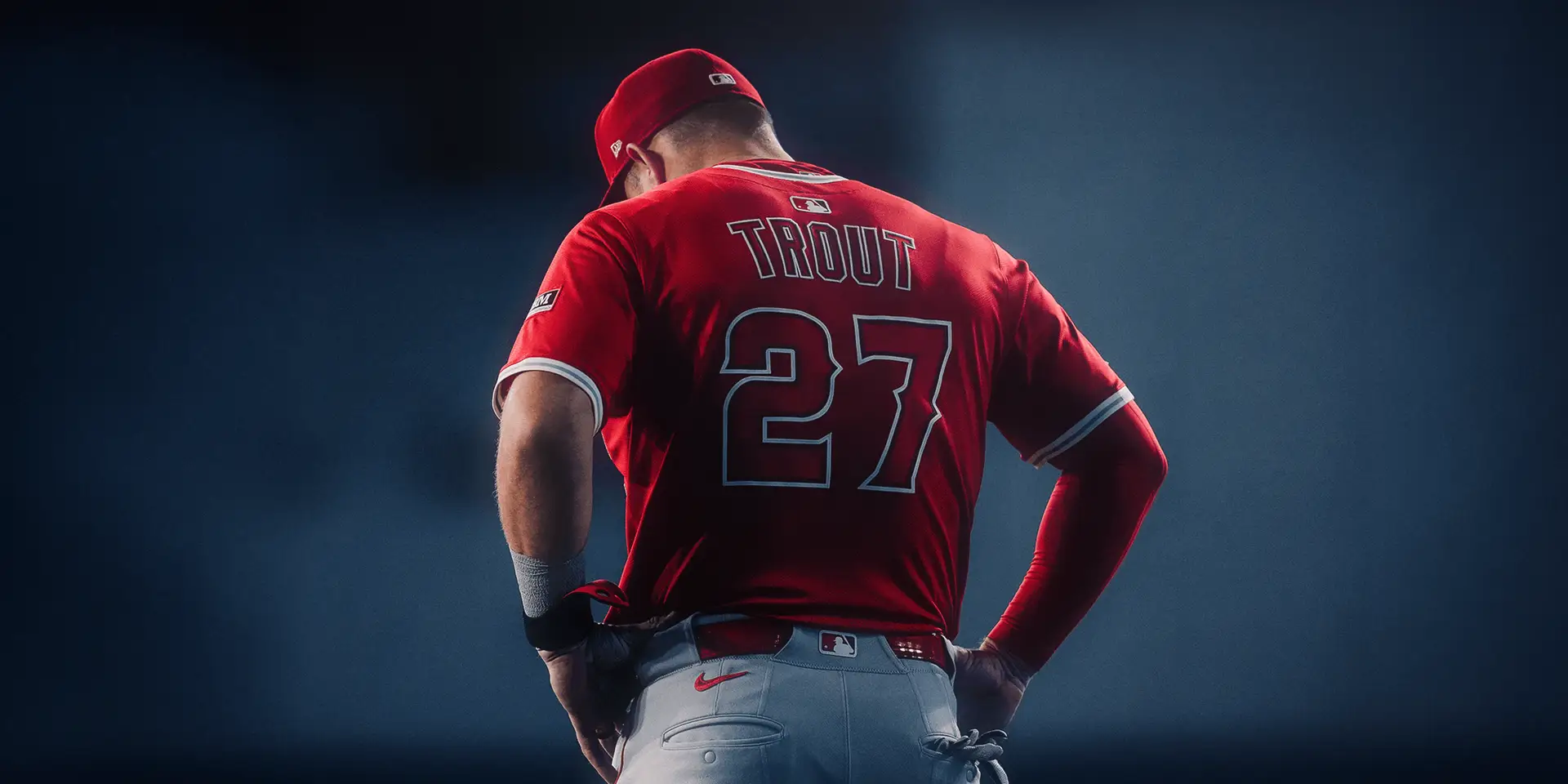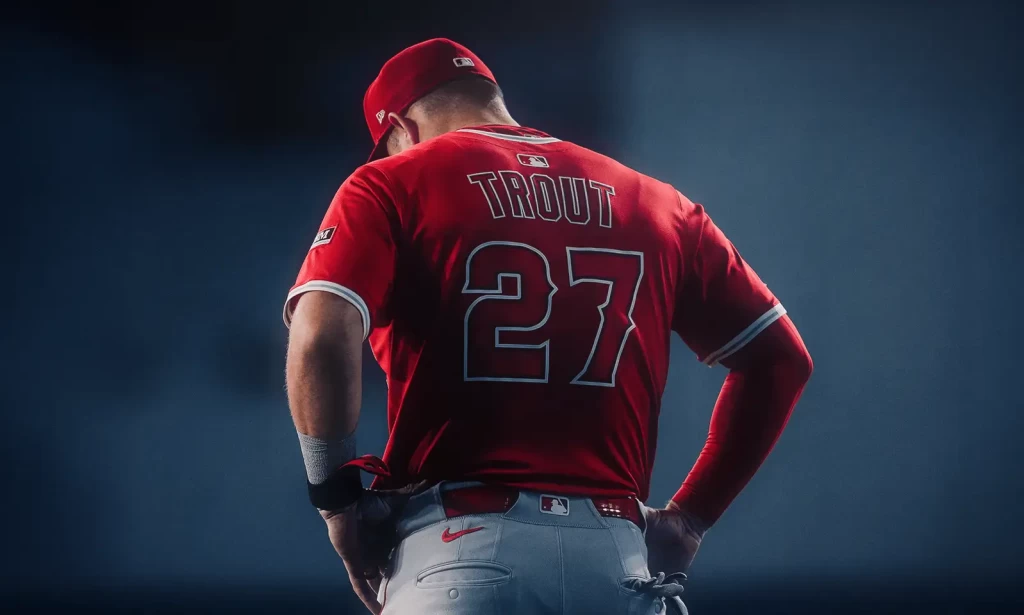Some of baseball’s biggest stars congregate at the New York Hilton to collect the prestigious Baseball Writers Association of America Awards for the previous season, including MVPs Miguel Cabrera and Buster Posey and young stars Mike Trout and Bryce Harper, named Rookies of the Year for the American and National Leagues, respectively.
Harper, perhaps the most touted prospect of all time — a Sports Illustrated cover story dubbed him “The Chosen One” as a 16-year-old — received 16 of 28 first-place votes in a standout first full season for the Washington Nationals. But Trout, a unanimous selection from the Los Angeles Angels, was otherworldly; fitting for a player nicknamed the “Millville Meteor,” a nod to Trout’s New Jersey hometown, by a fan editing his Wikipedia page.
Trout won a Silver Slugger for his offensive prowess and a Fielding Bible Award for exceptional center-field defense. His 10.5 WAR season was so good — only Aaron Judge (10.8 in 2022 and 2024) and Mookie Betts (10.7 in 2018) have produced better campaigns since — that it sparked serious debate in the MVP race. Cabrera, who won the Triple Crown, got 22 first-place votes. Trout, who finished second, got the other six.
The Angels rented out the swanky 21 Club to celebrate their budding superstar, who had turned 21 a few months before. Coming off back-to-back winning seasons, they had the player to power them back into prominence, to recapture the glory of 2002-09, when they went to the playoffs six times, won five division titles and a World Series. To step out of the long shadow cast by the crosstown Los Angeles Dodgers.
Trout and the Angels returned to the playoffs in 2014, falling to the Kansas City Royals in a three-game ALDS sweep. They have not been back since. They haven’t won a postseason game since 2009, the year Trout was drafted. Both streaks are the longest in baseball.
In the expanded postseason era, it’s never been easier to get to October. But another World Series has come and gone, and baseball fans looking for Trout this fall might have been best served to check for him in the stands of his beloved Philadelphia Eagles. Or in a Santa Ana, Calif., courtroom, testifying in the wrongful death lawsuit of former teammate Tyler Skaggs.
Trout is a generational talent, a player who should have been plastered on Times Square billboards and cereal boxes.
Once, during his rookie season, he hit a two-hopper down the line at the old Texas stadium and ran to first base in a blistering 3.82 seconds. Trout’s leaping home-run robbery of former Orioles shortstop J.J. Hardy that year was so unbelievable that a photo of it still hangs in the back of Baltimore’s visiting clubhouse in tribute. He hit for the cycle at 21, the youngest AL player ever to do so.
In his prime, the three-time MVP was a baseball god, drawing comparisons to Mickey Mantle. Now 34, Trout is coming off the worst offensive full season of his career, one in which he played in 130 games but faded from the sport’s consciousness.
The rogue Wikipedia editor was prophetic: Trout’s rise was meteoric, a streak of light that shoots across the sky and then burns up as it enters Earth’s atmosphere.
“He was the best player out there, and he was so young and he had all the tools, the passion for the game. He was Mike Trout, and it kind of disappeared, which is sad,” said former Angels third-base coach Dino Ebel. “Not making the playoffs, not being in big moments, not in October … he kind of got left behind.”
Trout was big and fast, strong and agile — “a linebacker who ran like Rickey Henderson,” said former Angels broadcaster Victor Rojas. He could hit for contact, hit for power, run the bases and play the field.
Ahead of his third full MLB season in 2014, the Angels bought out his arbitration years and signed him to a six-year, $144.5 million extension. Trout, who wouldn’t be a free agent until 2020, rewarded the club’s faith in him by winning the AL MVP.
In 2015, a year when Trout posted an AL-leading .991 OPS and finished second in MVP voting, the Angels lost their final game of the season, ending any hopes of a tiebreaker to get into the playoffs and finishing 85-77. It was their last winning season to date.



You must be logged in to post a comment.